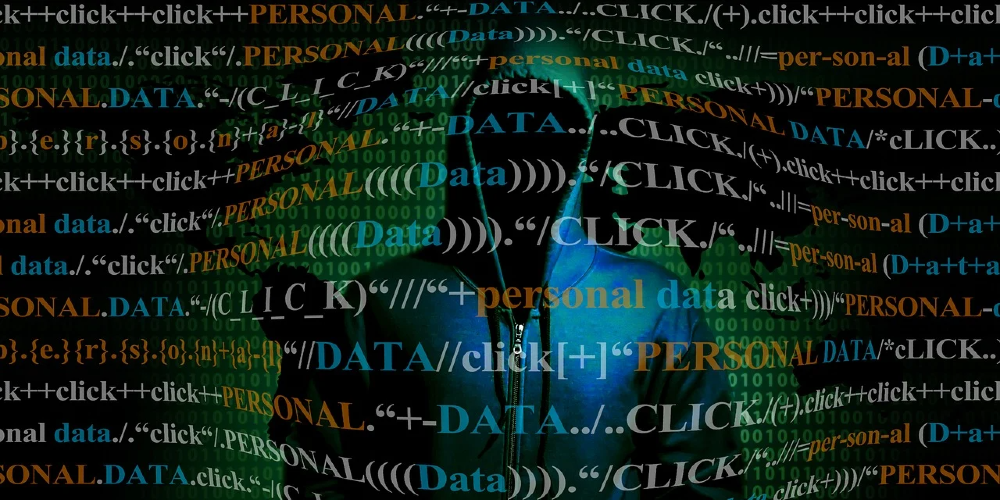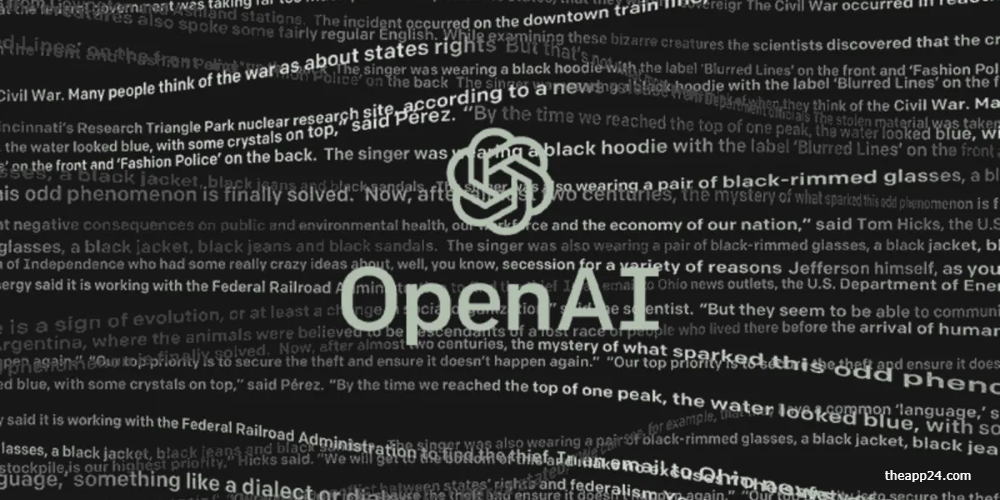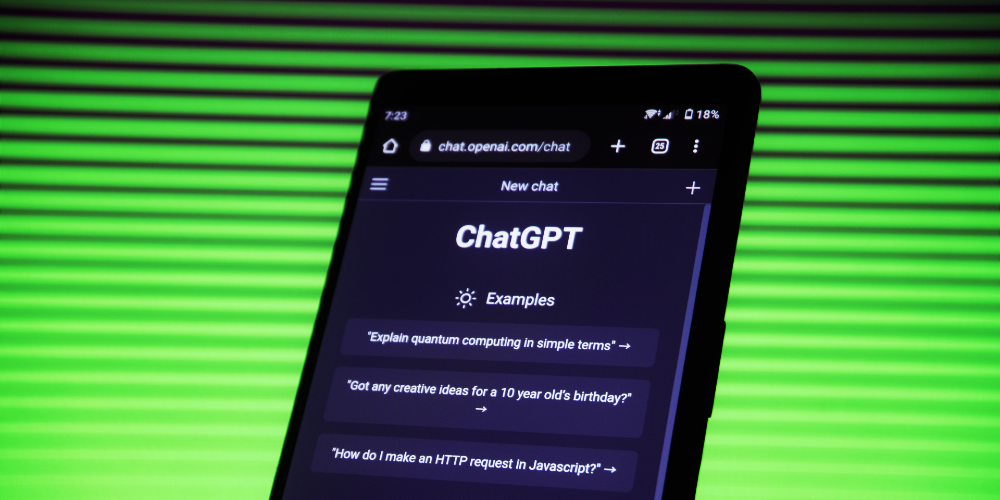A Comprehensive Guide to Requesting OpenAI to Delete or Refrain from Using Your Personal Data in AI Training
Apr-25-2023

In today's digital age, the use and protection of personal data have become significant concerns for individuals worldwide. OpenAI, a leading artificial intelligence (AI) research lab, has been working on developing increasingly powerful conversational AI models like ChatGPT. However, these AI models require extensive training on vast amounts of data, which may include your personal information. This article provides a detailed guide on how you can request OpenAI to delete or exclude your personal data from being used to train their AIs.
1. Understanding the Types of Personal Data Used by OpenAI
Before requesting the deletion or exclusion of your personal data, it's essential to understand the types of information that OpenAI might collect and use for training their AI models:
- Publicly available text written by you: This may include blog posts, comments on social media platforms, public forum discussions, or any other content that's accessible over the internet.
- Private communications: Although rare, some private communication datasets might be inadvertently used in AI training if they've been leaked or made public without consent.

2. How OpenAI Protects Your Privacy
OpenAI strives to protect user privacy by implementing various measures:
- Stripping personally identifiable information (PII): During the data preprocessing stage, PII is removed from text data before it's fed into AI models.
- Regular audits: OpenAI conducts audits on its datasets and models to ensure privacy protection rules are being adhered to.
- Ensuring model safety: Models like ChatGPT are designed so they don’t memorize input-output pairs from users during fine-tuning.
3. Prepare Your Request
To ask OpenAI for your personal information's deletion or non-use in AI learning models:
- Clearly mention that you want your personal data deleted or not used for training purposes.
- Provide specific details about the data you want to be removed or not used. This may include the date range when the data was submitted, any unique identifiers, or specific content that you believe contains your personal information.
- If possible, provide proof of your identity to help OpenAI verify that you are the rightful owner of the data in question.

4. Submit Your Request
Once you have prepared your request, you can send it to OpenAI via email at [email protected]. Be sure to use a clear and concise subject line, such as "Request for Personal Data Deletion" or "Request for Non-Use of Personal Data in AI Training."
5. Follow Up on Your Request
OpenAI should acknowledge your request within a reasonable timeframe. If they require more information or time to process your request, they will communicate this to you.
If you do not receive any response from OpenAI within a reasonable period, consider following up with them via email to ensure they received and are processing your request.

6. Consider Other Privacy Measures
In addition to requesting deletion or non-use of your personal information, it's essential to take proactive steps toward safeguarding your privacy online:
- Be cautious while sharing personal information on public platforms.
- Update your privacy settings on various websites and applications regularly.
- Use unique and strong passwords that are not repeated for all online accounts.
- Implement two-factor authentication wherever possible.
Final Thoughts
As AI technology continues to evolve rapidly, concerns about data privacy will remain at the forefront of discussions surrounding its development and usage. By understanding how OpenAI handles personal data and knowing how to make requests regarding its removal or non-use in AI training models, you can take charge of protecting your privacy.
It's essential for both individuals and organizations working with AI technology like OpenAI's tools and APIs to be aware of their rights concerning personal data protection. By staying informed and being proactive about data privacy, we can ensure a safer digital future for everyone involved in the AI ecosystem.







